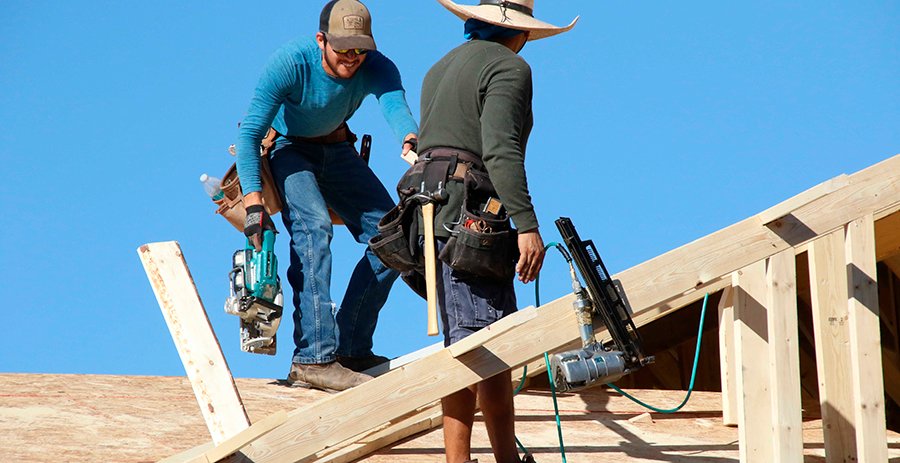affordable housing
Committee Set to Review Game-Changing ‘Starter Home’ Legislation

A revised housing proposal that Governor Katie Hobbs vetoed last year is making a return with slight modifications. Rep. Leo Biasiucci aims to tackle Arizona’s ongoing housing crisis by promoting the construction of smaller, more affordable “starter homes.” This version excludes military airport zones, addressing one of Hobbs’ key concerns in her veto letter. However, she expressed broader worries about the potential unintended consequences of such a bill, particularly its restrictive impact on housing requirements.
The Lake Havasu City Republican’s proposal is set for discussion on Tuesday within the House Commerce Committee. It is among several initiatives being planned during this legislative session to confront the persistent housing shortage in the state.
Last year, four significant housing bills were enacted, including new regulations permitting backyard casitas and transforming commercial buildings into apartments. These measures also mandated larger cities to allow duplexes and triplexes in areas previously reserved for single-family homes. Still, advocates argue these actions are insufficient.
At a recent news conference, bipartisan lawmakers joined forces, asserting the necessity for extensive legislative efforts to resolve the housing dilemma. “Affordable housing is not a right,” stated Rep. Walt Blackman, emphasizing the responsibility of legislators to ensure future generations can afford homes.
Sen. Analise Ortiz, representing Phoenix, highlighted the formation of a new housing caucus that will meet regularly to discuss necessary legislation. She acknowledged the complexity of the crisis, asserting that no single bill would suffice to address it.
Arizona’s housing shortage stems partly from the mortgage and foreclosure crisis that started in 2007, affecting construction rates even as the state’s population rose. Additionally, the rapid growth of the short-term rental sector has converted long-term rental homes into vacation rentals, further straining availability and affordability.
Biasiucci contends that Arizona’s housing regulations need to be reformed to facilitate the development of affordable homes. His proposal suggests minimum lot sizes of 1,500 square feet for developments of five acres or more, along with loosening restrictions on home design and requirements imposed by municipalities.
“If we remove unnecessary requirements, we can keep costs down,” Biasiucci claimed. He expects resistance from the League of Arizona Cities and Towns, which historically opposes significant changes to zoning regulations.
The League’s Executive Director, Tom Belshe, previously argued that such proposals could disrupt single-family zoning and reduce development standards, leading to overly cramped living conditions.
The current legislative session has seen a flurry of housing-related bills already introduced. These include proposals to allow churches to convert parts of their properties into low-income apartments, measures challenging vacation rental distinctions, and initiatives to address homelessness through shelter space requirements in major cities.
Despite differing party affiliations, lawmakers express a collaborative spirit. They acknowledge the necessity of addressing the multifaceted housing crisis within Arizona. “Let’s start somewhere,” said Biasiucci. He emphasized that failing to take action is not an option, particularly amid rising homelessness issues in cities like Sedona.


















